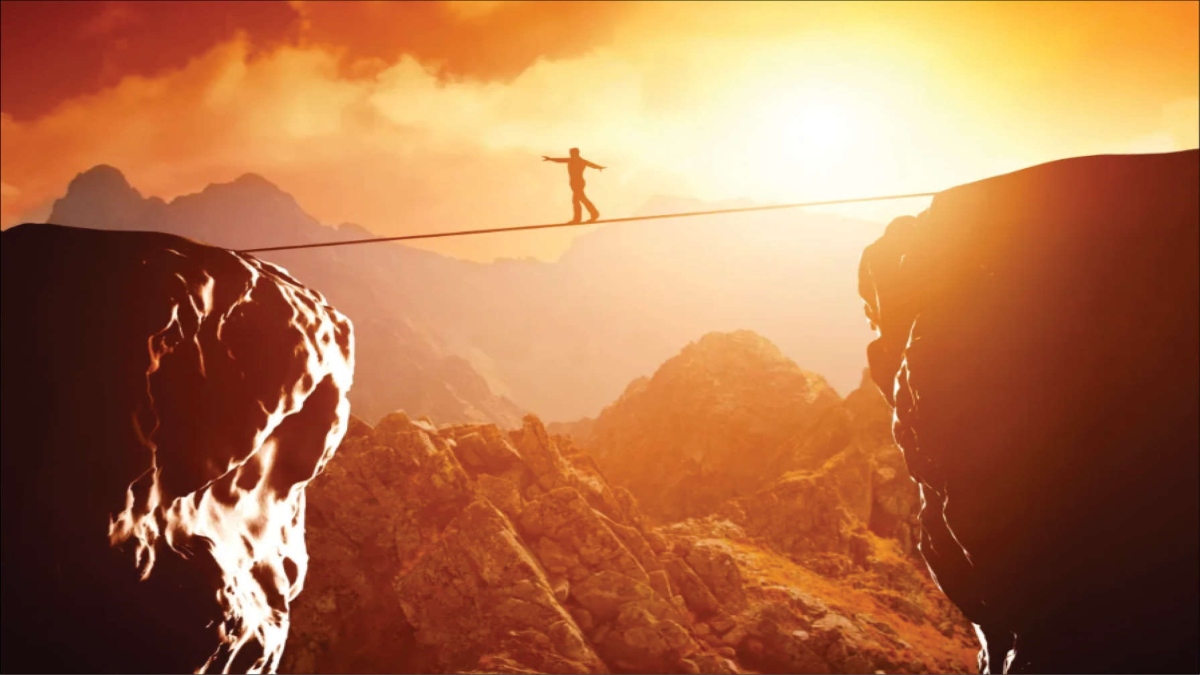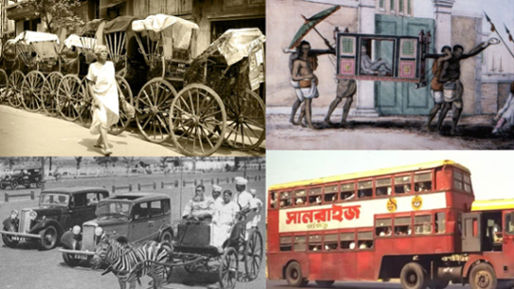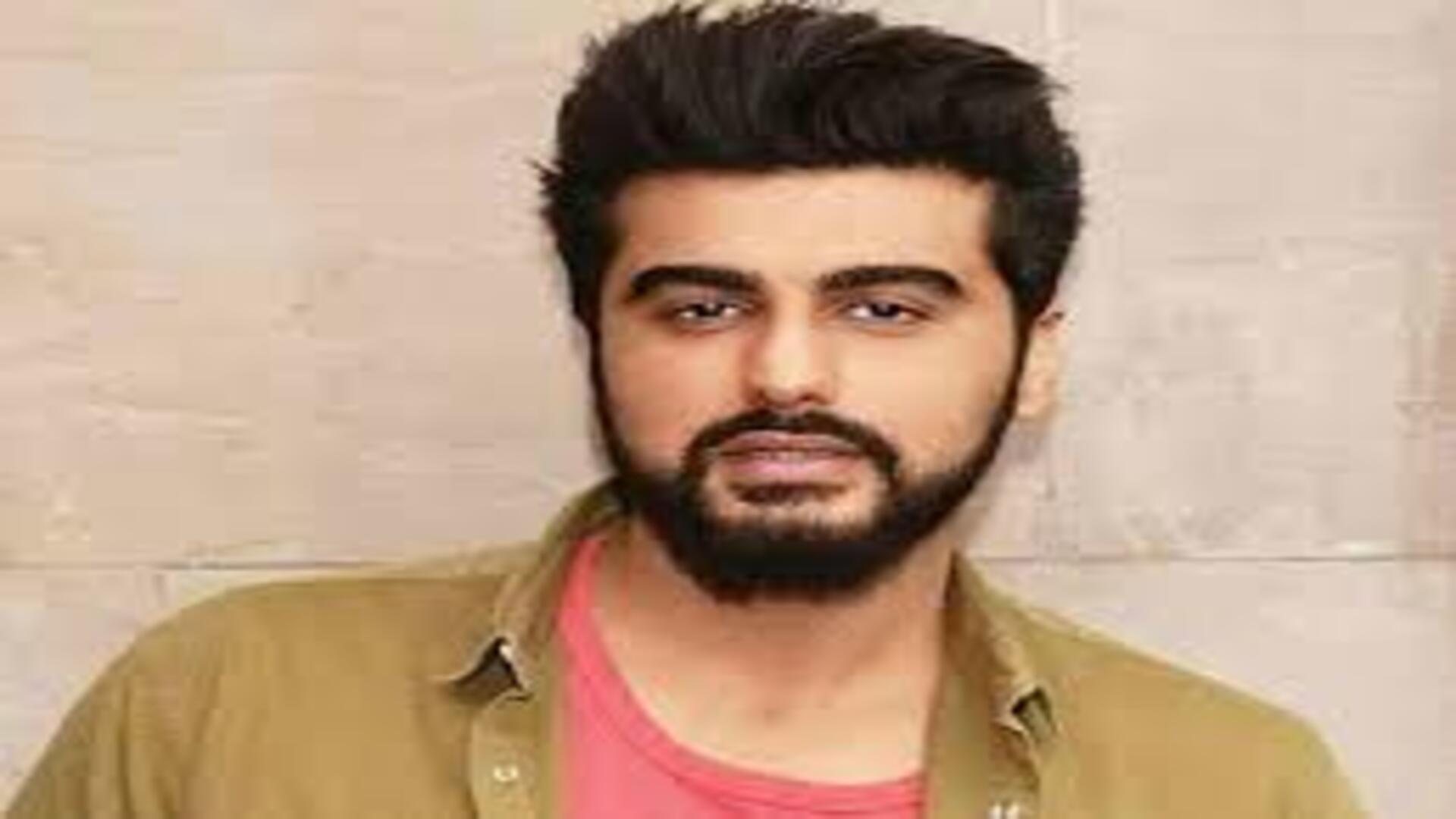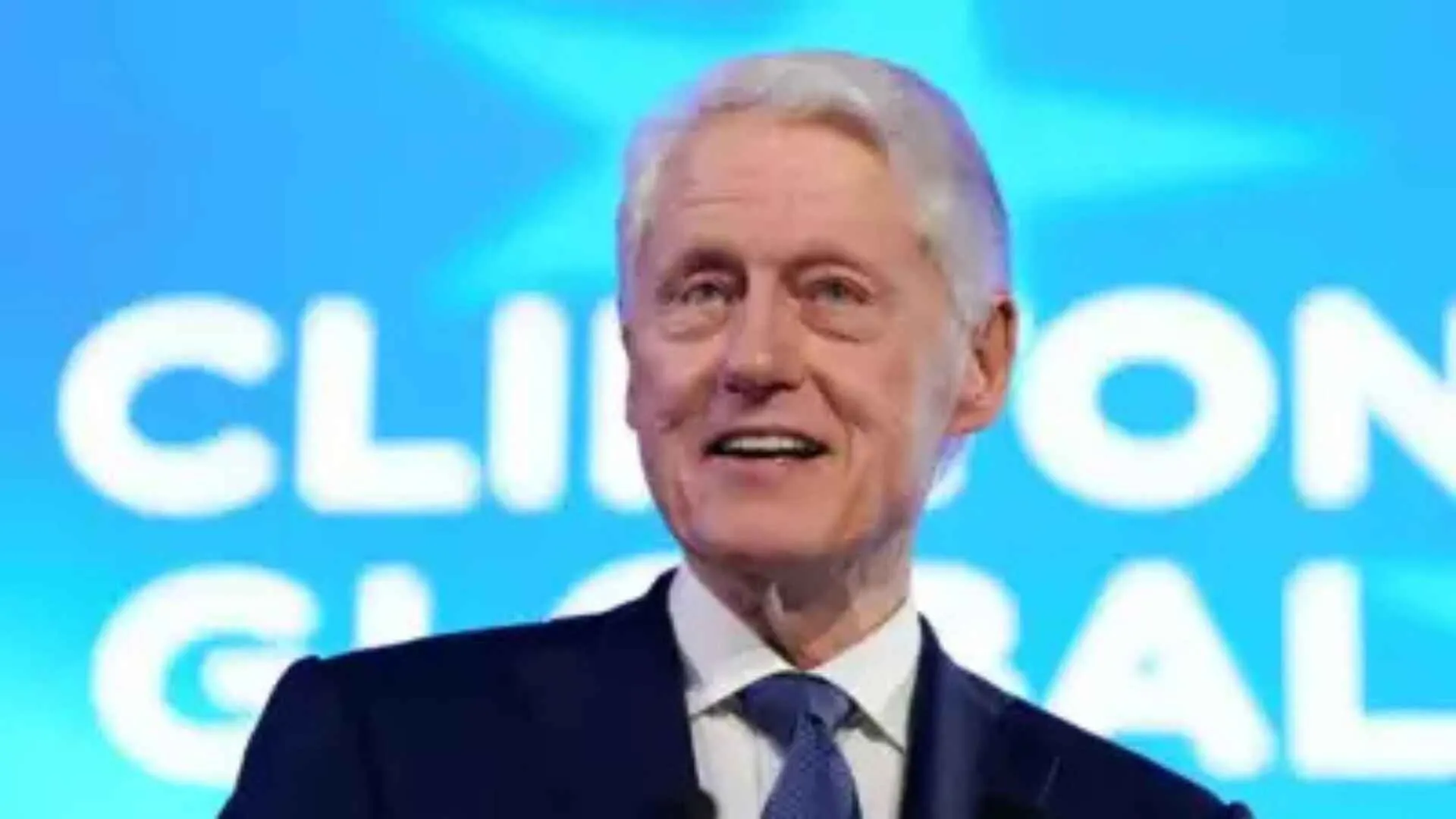In 2008, a young Google employee named Kevin Systrom was overcome by the feeling that he needed a larger canvas that he could do more with his capabilities and drive than what his current role could offer. After unsuccessful attempts at widening his role within the firm, he finally quit in frustration, joined a startup, and spent his nights and weekends teaching himself coding. The app he developed was launched in 2010 and would go on to make history under the name Instagram.
Many of us have experienced a similar niggling feeling—that there is more to us, deeper dimensions waiting to be uncovered, hidden potential waiting to be unlocked. And yet, few of us take action on it. Something seems to hold us back.
As a coach and advisor, one of the most common refrains I encounter from talented individuals across industries and professions is that they feel they are capable of much more, that they are a long way from achieving their full potential. Such a feeling extends to creative passions and personal aspirations as much as it does to entrepreneurial pursuits. And yet, external obstacles or roadblocks always seem to come in the way.
If we have a promising entrepreneurial idea, financial constraints seem to prevent us from acting on it. If we aspire to a dream role in our current firm, it seems to be out of reach due to office politics. And while we yearn to make time for our passion for writing or art, the effort is sabotaged by deadlines and targets that clutter our minds. The common thread is that we tend to blame external circumstances for holding us back. Workload, bad bosses, too much travel, naysayers, social or family commitments, and so on.
I too harboured that feeling for a very long time. While pursuing demanding roles in the world of investments, I would often experience a pang of wistfulness whenever I came across anyone acting on their creative instincts. The turning point for me was the realisation that “I” was the only one holding myself back.
As I started to look at the world with an internal locus of control, I began to appreciate that I held the master key to it all, and that working on myself would help unlock my potential. That was how my writing journey began. While I am able to balance my writing with my corporate pursuits today, it required me to overcome a number of roadblocks and resistances along the way.
These chains, which hold us back, come in various shapes and forms. an exaggerated need for financial security, fear of failure or loss of reputation, reluctance to get out of our comfort zone, dependence on external validation, fear of commitment, and so on. Some of us have an “inner critic,” a harsh, judgmental voice inside us that tells us that we do not deserve success, that we are imposters.
Standing up to these inner demons requires courage, mindfulness, and the humility to accept ourselves fully, warts and all. None of these come easy. Not surprisingly, it seems much easier to be distracted by mundane work, back-to-back engagements, or social media than to confront these demons.
But for those of us who are willing to put in this inner work, a world of unparalleled fulfilment and joy awaits us. To quote Howard Schultz, the legendary former CEO of Starbucks, “A lot of what we ascribe to luck is not luck at all. It’s seizing the day and accepting responsibility for your future. “It’s seeing what other people don’t see and pursuing that vision.” Oprah Winfrey has said, “The single greatest wisdom I think I’ve ever received is that the key to fulfillment, success, happiness, and contentment in life is when you align your personality with what your soul actually came to do.” Being able to act on that deeper purpose requires us to overcome our fears and truly embrace our innate greatness. To quote writer Marianne Williamson, “Our deepest fear is not that we are inadequate; our deepest fear is that we are powerful beyond measure.”
S. Venkatesh is the bestselling author of AgniBaan and KaalKoot, a leadership coach and an investor who has held key positions with JP Morgan, Credit Suisse and Macquarie. He writes about mindfulness and its link to creativity, business and wealth.













